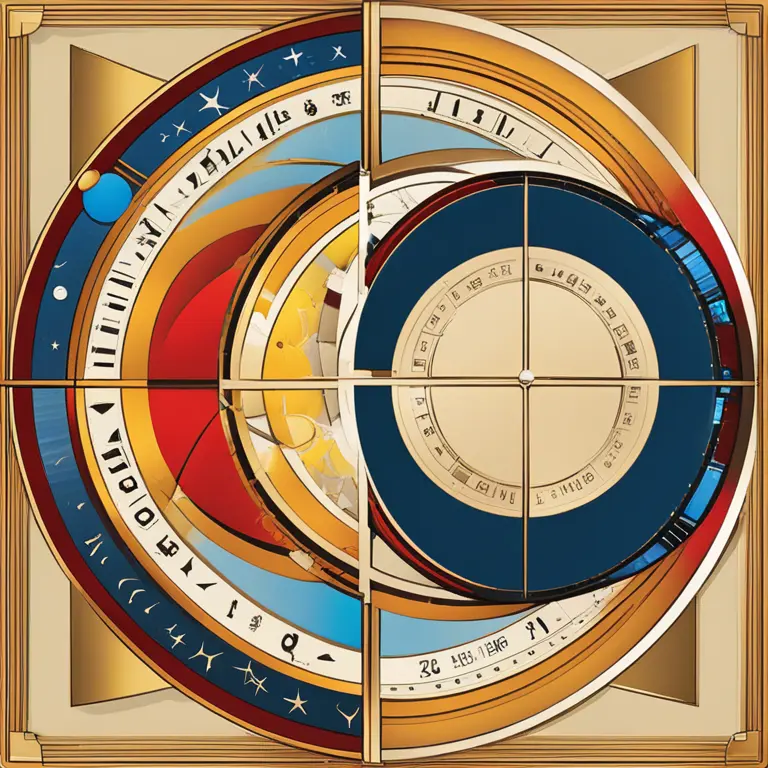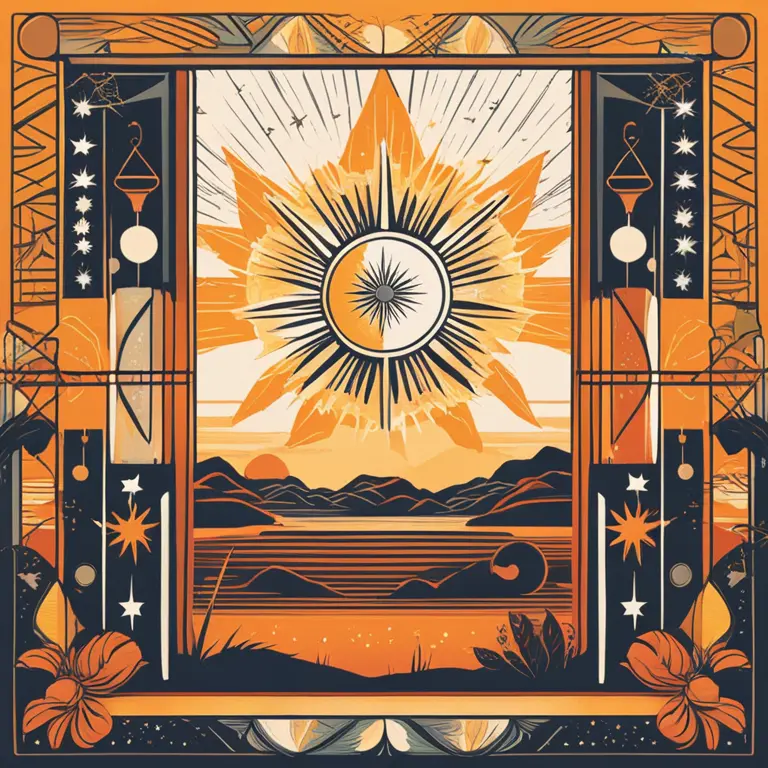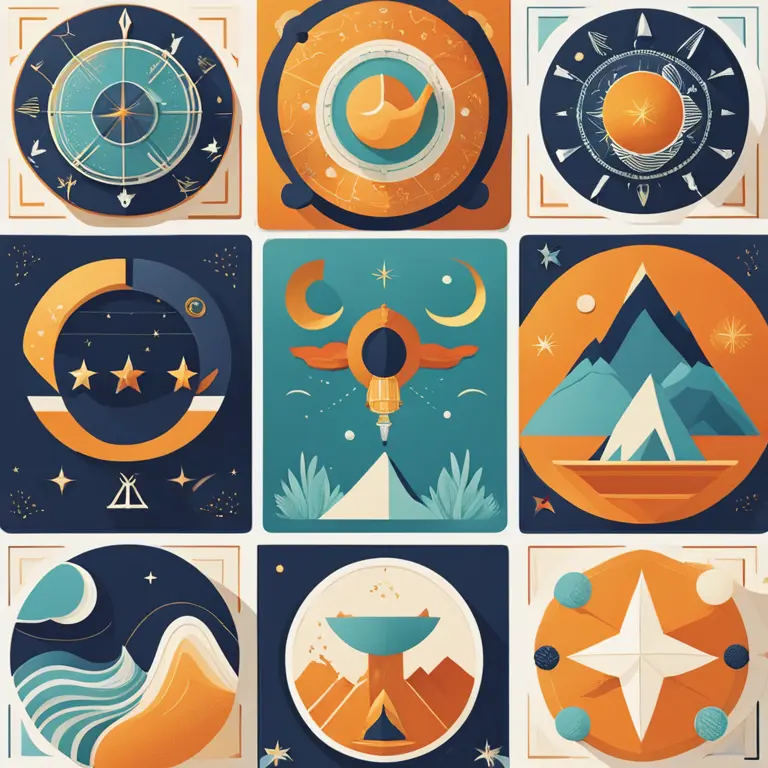
Zodiac Compatibility Across the Stars
Discover whether any zodiac sign can find harmony in love and friendship through the cosmic language of astrology.
article by Sofia Ferguson
Zodiac Sign Basics
When it comes to the complex dance of astrology, each zodiac sign comes with its unique set of traits, preferences, and energies. This celestial blueprint shapes personalities, influences behavior, and can even give us hints about compatibility. The quest to find cosmic concord with others often leads us to wonder: can any zodiac sign truly be harmonious with another? In the realm of astrology, the answer is nuanced and rooted in the understanding that compatibility extends beyond sun signs.

The Sun Sign Connection
Our sun sign is what most people are familiar with—it's the Zodiac sign determined by our birth date. While it provides significant insight into our core identity, focusing solely on sun signs for compatibility would be simplistic. Astrologers encourage examining the whole natal chart, which includes the moon sign, rising sign (Ascendant), and the positions of planets to gain a full scope of relationship dynamics. But even without intricate astrological analyses, certain sun sign pairings tend toward natural affinity or challenge.

Compatibility Beyond the Sun
For a more comprehensive look at astrological compatibility, we dive into synastry—the art of chart comparison. Here, astrologers study how the planets in one chart interact with those in another, which reveals potential harmony or tension. This method underscores that no zodiac sign is inherently incompatible with another; rather, it's about the specific celestial interplay between two individual charts that creates the unique relational fabric they'll share, potentially strewn with conflict, kinship, passion, or a blend of all three.

Elements and Modalities
A zodiac sign is also classified by its element—fire, earth, air, or water—and these groups share certain intrinsic characteristics. Generally, signs within the same element foster an innate understanding of each other’s energy. Furthermore, modalities—cardinal, fixed, and mutable—are another layer of astrology that affects compatibility. Cardinal signs initiate, fixed signs stabilize, and mutable signs adapt. Complementary modalities can either balance each other out or challenge one another to grow, illustrating again that compatibility is found in the interplay rather than the singularity of signs.
Astrological Timing
As the planets continue their cosmic dance, their transits through different signs and houses can temporarily affect interpersonal dynamics. For instance, Venus the planet of love, while transiting a particular sign in 2024 and beyond, might influence how we connect or relate to others, regardless of our natal charts. These transitory effects can alter or emphasize certain elements of compatibility. Thus, when assessing the potential for harmony between two signs, it's valuable to consider the current astrological climate alongside natal aspects.
Embracing Diversity in Astrology
Ultimately, astrology teaches us that the zodiac hosts a spectrum of personalities and that diversity is the cosmic norm. Compatibility is not just about looking for the same, but about recognizing and appreciating differences. As we approach 2024 and an ever-evolving astrological landscape, the notion that any zodiac sign can find common ground becomes more potent. By embracing the full astrological picture and its cycles, we can approach relationships of all kinds with greater understanding and openness to the possibilities that the stars may hold.
Published: 1/31/2024
Modified: 2/1/2024
More predictions
Come back here soon to learn more about yourself and your future


Your Birthdate Numerology Horoscope
Discover the secrets of your numerology horoscope and what your birth date reveals about your path in life with this insightful article.


Numerology's Role in Lottery Success
This article explores how numerology can be applied to increase your chances in lottery games with insightful and practical approaches for number selection.


Numerology: A Blend of Numbers and Science
Numerology's foundations intertwine with scientific principles. Dive into what legitimizes numerology in the realm of empirical reasoning.